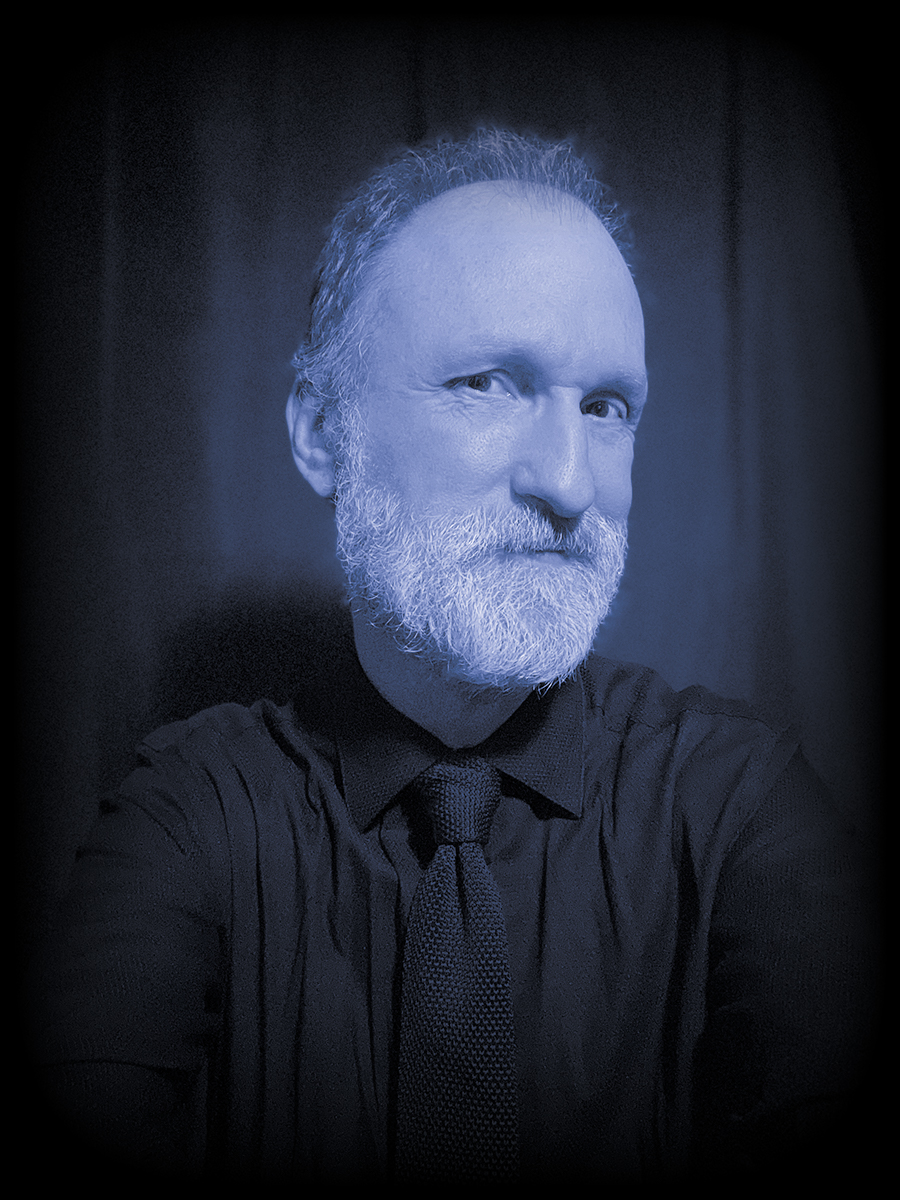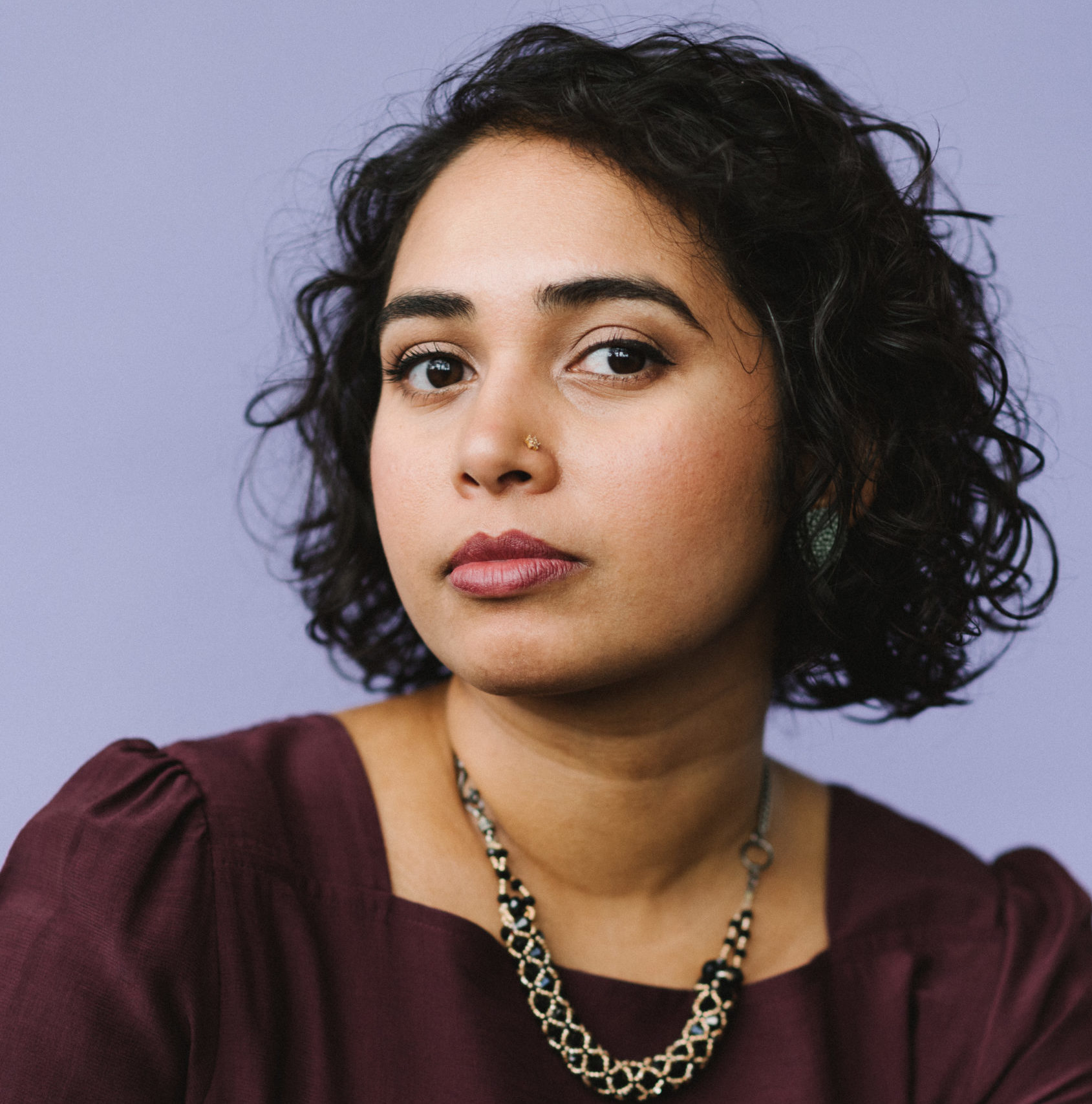
by Michele Kirichanskaya | Sep 7, 2022 | Blog
Raymond Luczak (he/him/his) is the author and editor of 29 titles, including Flannelwood: A Novel (Red Hen Press) and Silence Is a Four-Letter Word: On Art & Deafness (Handtype Press). His book once upon a twin: poems (Gallaudet University Press) was a Top Ten...

by Michele Kirichanskaya | May 20, 2022 | Blog
SJ Sindu is the author of the novel Marriage of a Thousand Lies, which won the Publishing Triangle Edmund White Debut Fiction Award, was a finalist for the Lambda Literary Award, and was an ALA Stonewall Honor Book; as well as the hybrid fiction and nonfiction...




